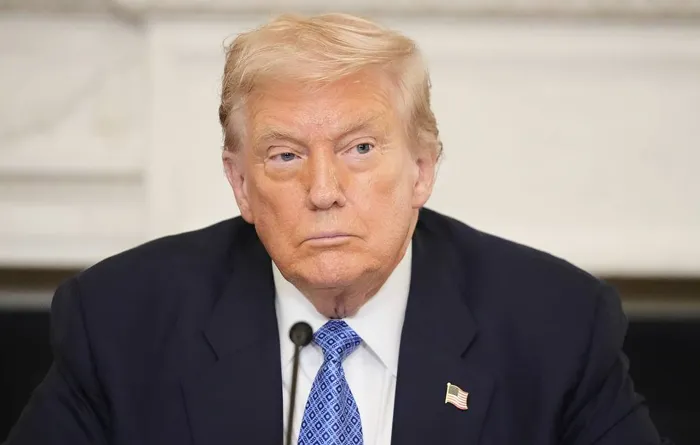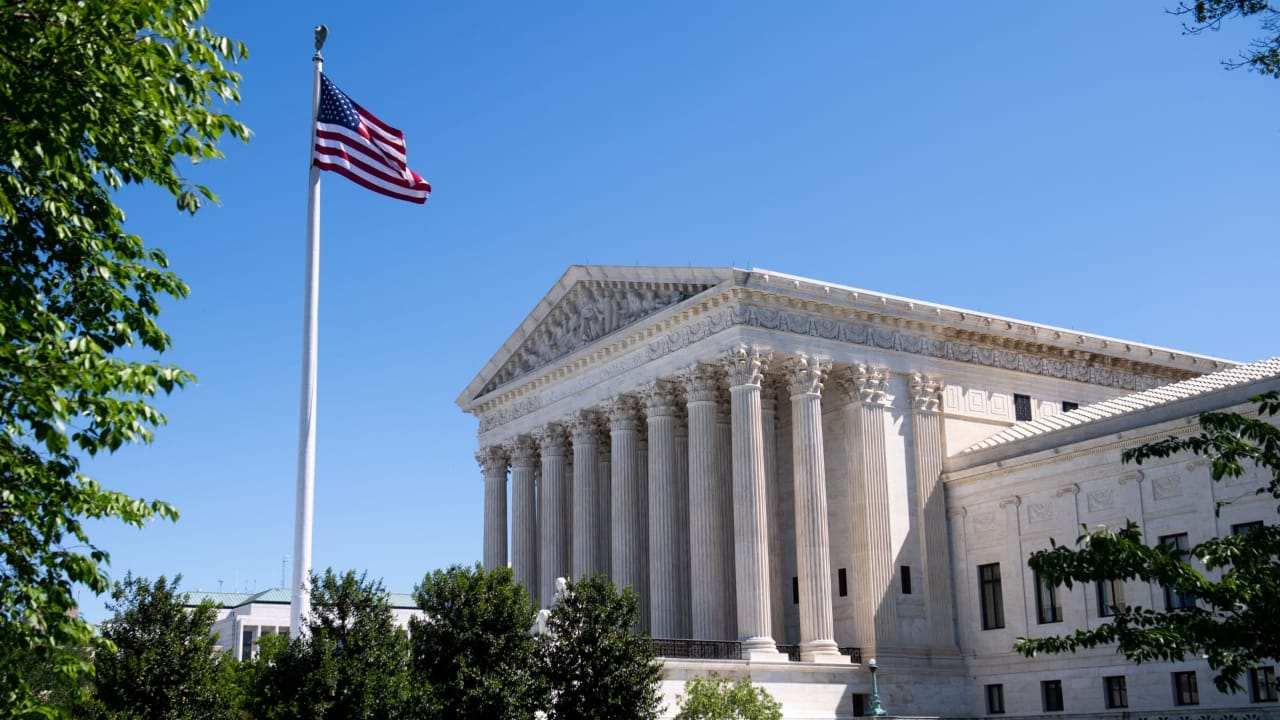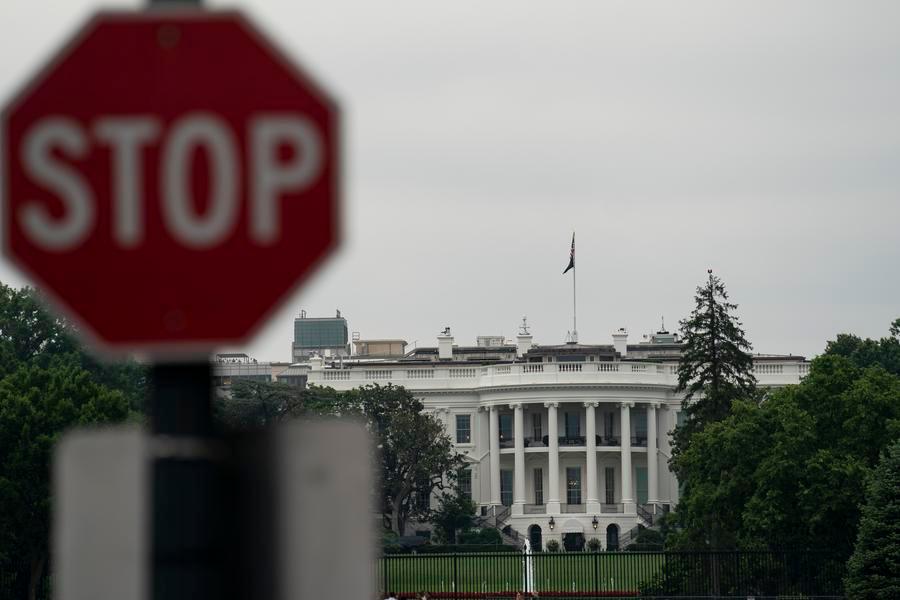Alsharq Tribune- Gina Issa
US President Donald Trump plans to sign an executive order Friday to rename the Department of Defense as the Department of War, the White House announced on Thursday.
Trump will sign an executive order permitting use of the Department of War as a "secondary title" for the sprawling department, a White House document said, apparently due to its official name being set in law.
The president has repeatedly said in recent weeks that he was mulling such a change.
The order would authorize Defense Secretary Pete Hegseth, the Defense Department and subordinate officials to use secondary titles such as “Secretary of War,” “Department of War,” and “Deputy Secretary of War” in official correspondence and public communications, according to a White House fact sheet.
The move would instruct Hegseth to recommend legislative and executive actions required to make the renaming permanent.
The Department of War was created in 1789, the same year that the US Constitution took effect. It was renamed by law in 1947, two years after the end of World War II.
Pentagon chief Pete Hegseth posted “DEPARTMENT OF WAR” on social media after the executive order was initially reported by Fox News.
Trump and Hegseth have long talked about changing the name, and Hegseth even created a social media poll on the topic in March.
Since then, he has hinted that his title as defense secretary may not be permanent at multiple public events, including a speech at Fort Benning, Georgia, on Thursday.
He told an auditorium full of soldiers that it “may be a slightly different title tomorrow.”
In August, Trump told reporters that “everybody likes that we had an unbelievable history of victory when it was Department of War.
Then we changed it to Department of Defense.” When confronted with the possibility that making the name change would require an act of Congress, Trump told reporters that “we’re just going to do it.”
“I’m sure Congress will go along if we need that,” he added. Department name changes are rare and require congressional approval, but Trump's fellow Republicans hold slim majorities in both the Senate and House of Representatives, and the party's congressional leaders have shown little appetite for opposing any of Trump's initiatives.








.png?locale=en)











